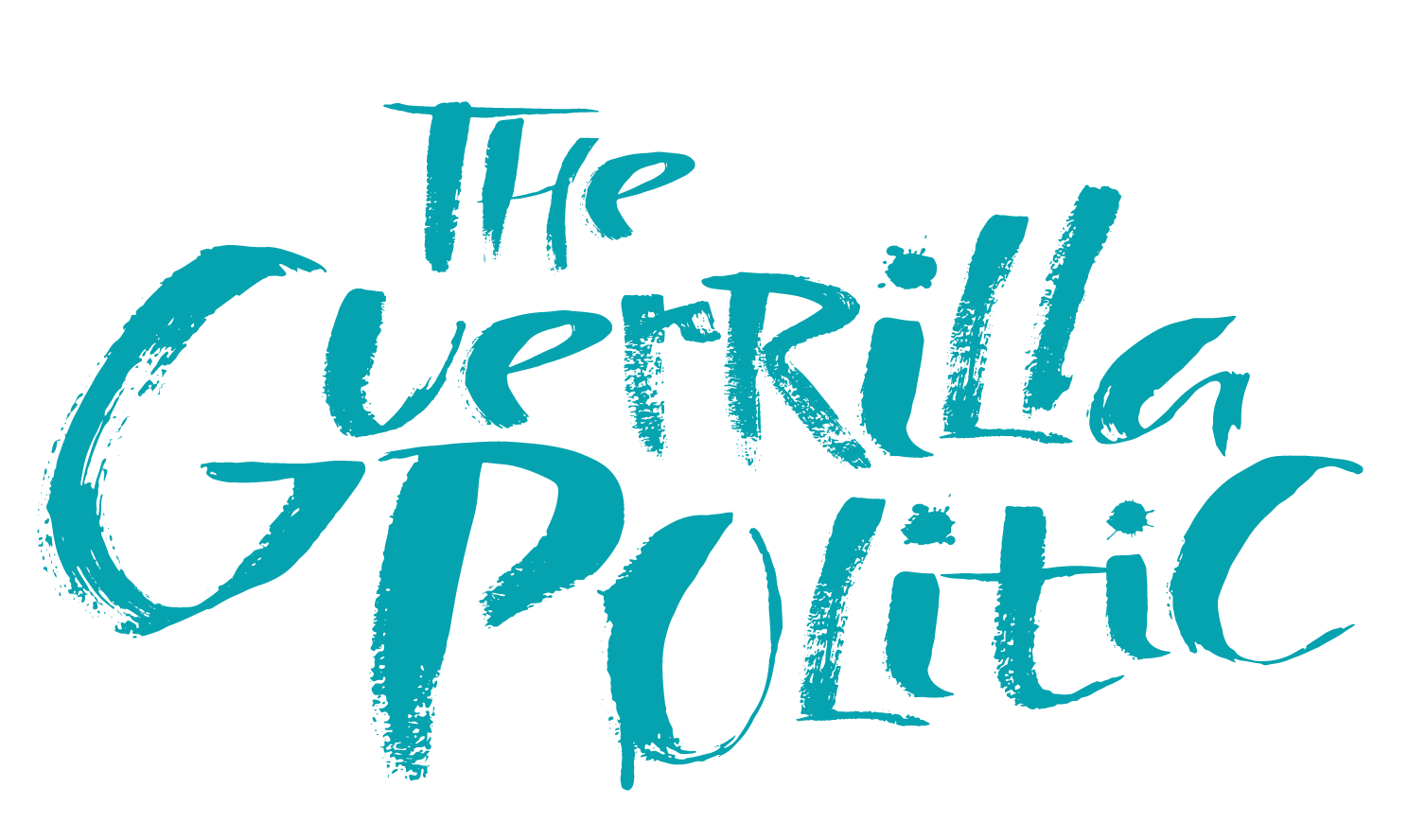Congratulations to President-Elect Joe Biden on giving America a reprieve from being gaslit 3x an hour on Twitter for the next four years, and to Vice President-Elect Kamala Harris for making history (in so many ways!) #thefirstbutnotthelast. To the rest of the Democratic National Committee? Well, let’s just say that if there was a greeting card for “narrowly winning an election against literally the worst person on Earth and then completely screwing up almost everywhere else,” that’s the one they’d all be getting. You see, it’s possible that 47% of American voters chose Trump because they, too, are sociopathic bullies with a penchant for white supremacy. But I think it’s simpler than that: We’re a divided party as it is, but we can’t even “fake it ‘til we make it'' to the White House because our messaging is even worse.
Controlling our own narrative is the first step in revitalizing the Democratic Party, and it has to happen up and down the ticket. Linguistics expert George Lakoff has literally written the book on political communication, and he’s observed over decades the way Republicans’ strategic messaging helps their brand identity, even when policy priorities don’t always jibe. So what’s the secret? Republicans redefine their values in terms that resonate with their supporters, whether it’s evoking “family values” to support anti-choice or pro-religion policies or talking about “personal responsibility” to justify eliminating social programs...then repeat ad nauseam. Ultimately, they get even their opponents to start using their language (like I just did). Then, just like that, they’ve won the framing battle.
On our side, we’ve watched Republicans twist our messages about rational, popular issues to make them seem radical or downright crazy: “affordable healthcare” becomes Stalin-esque socialism, “gun safety” becomes taking everyone’s guns away, and “criminal justice reform” means embracing lawlessness and hating law enforcement. When we don’t fight back against these tactics, people on both sides take these manipulated messages as truth. This causes fractures within our party and amps up the opposition’s base, bringing out both the vitriol and the voters against us.
Even though many of our policy positions are better for the populations Republicans attract so reliably, like small business owners and working-class Americans, poor messaging means voters too often believe the opposite. For example, surveys show that even conservative Americans favor many Affordable Care Act (ACA) provisions, but that respondents were more critical when asked if they approved of “Obamacare,” the Republican-coined nickname for the ACA. We have to connect the dots for voters between our policies and our messaging and shut down reframing by our opponents. If their message is potent enough, we lose races, and we miss out on the chance to turn our values and priorities into policies that make life better for the American people.
So where does that leave you, local or state candidate or grassroots nonprofit? With a charge to own your narrative, speak your constituents’ language, and focus on what matters most to them, and to plan for the inevitable attacks and reframing attempts from your opponents. If it all sounds a bit war-like, that’s because it is...a war to win hearts, minds, and votes that we’re fighting with guerrilla marketing tactics. Campaigns and organizations spend millions on communications and media because, as Trump has proven, a strong message can overcome a lack of experience, an abrasive personality, or even terrible hair, but not much can make up for an uninspiring one. If your communications strategy could use a boost (or is nonexistent!), get in touch and let us show you how we can help.
